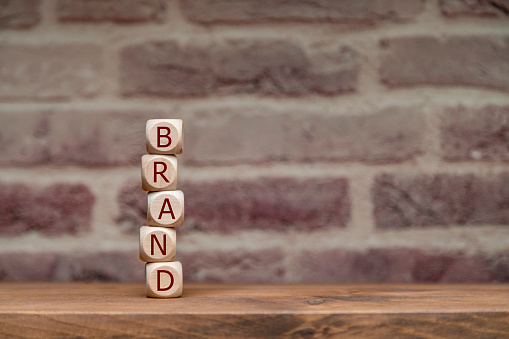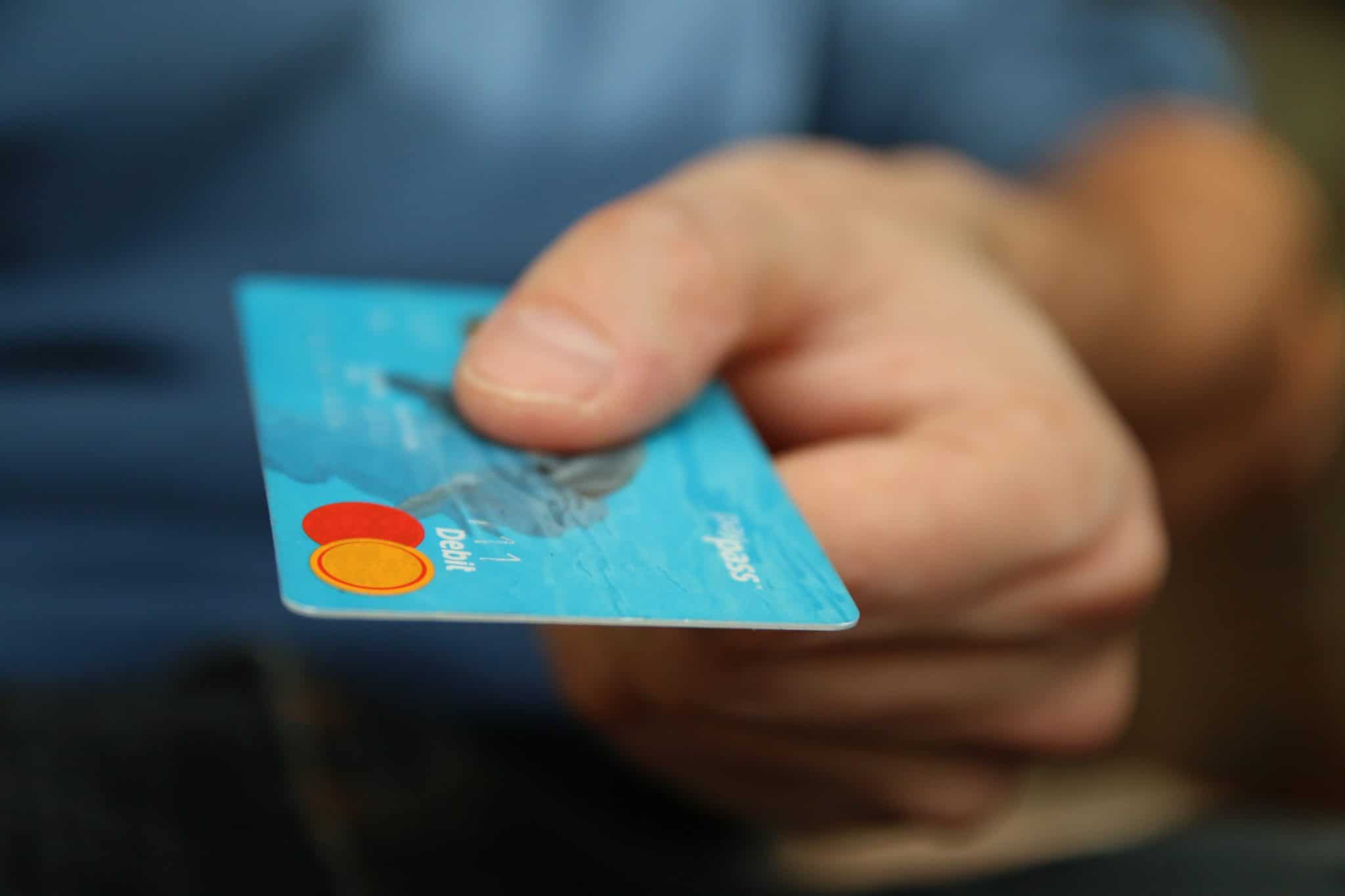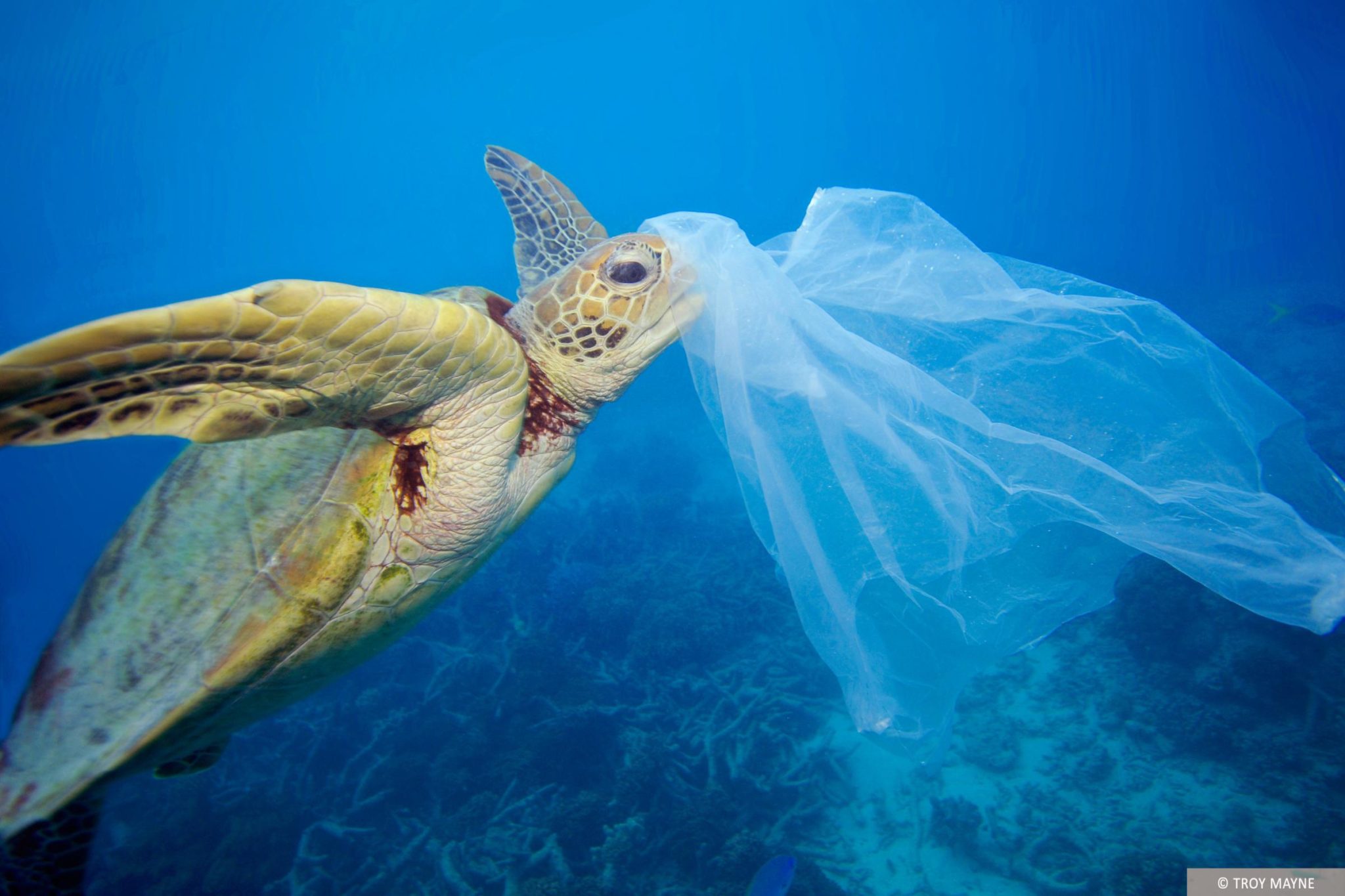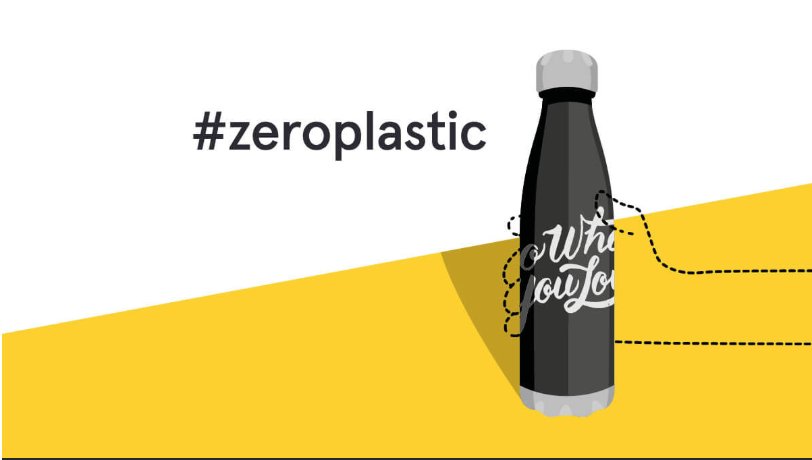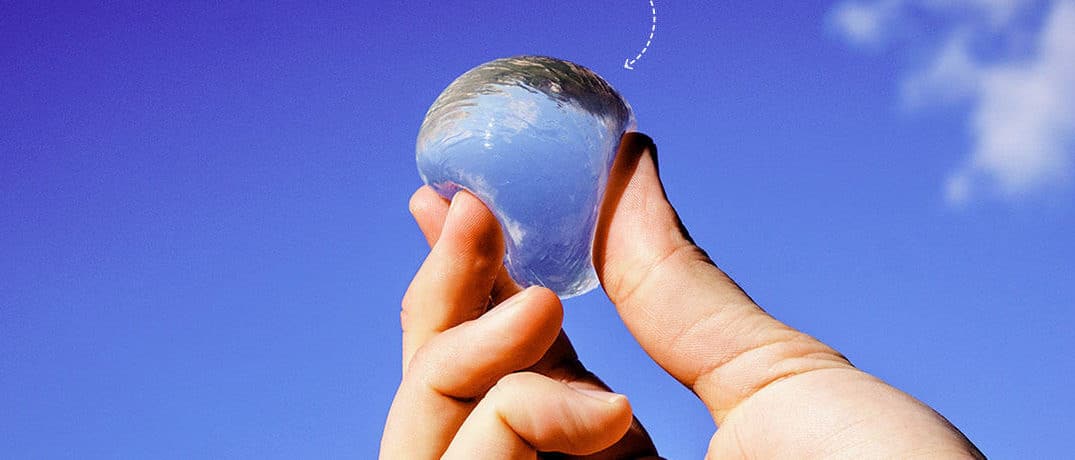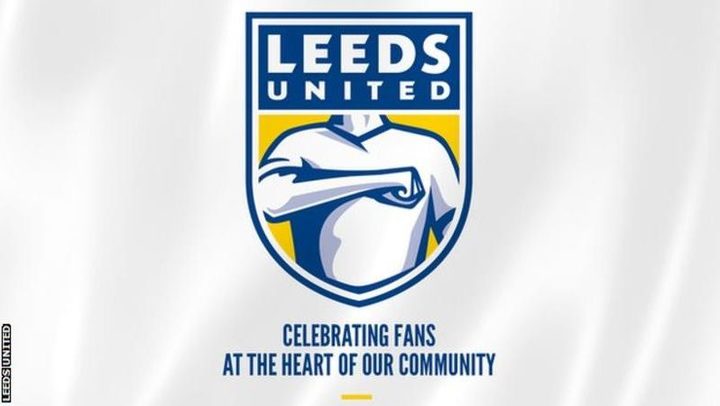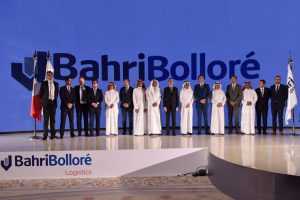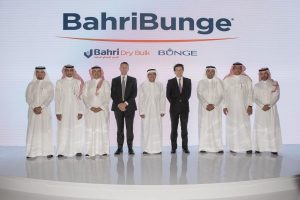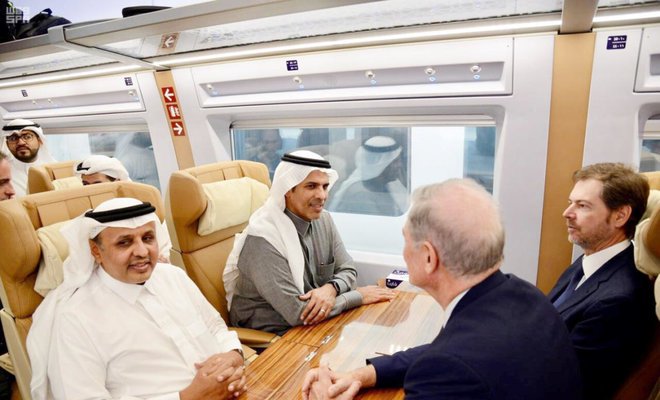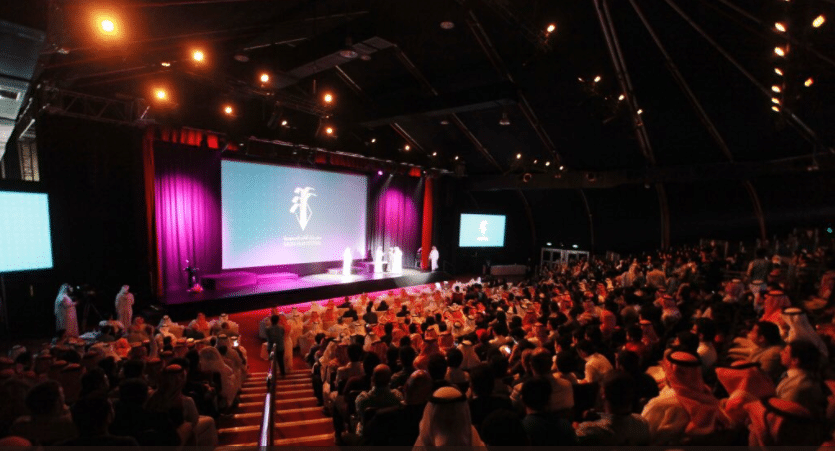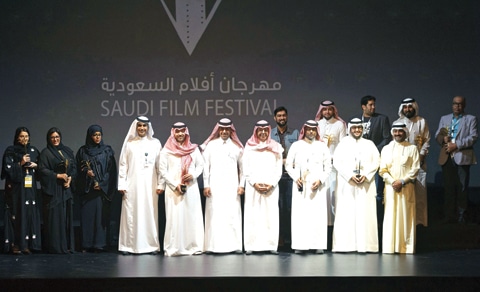
For the past six months the world has changed perhaps irrevocably due to the Covid pandemic.
So what has the effect been on brands, what are some of the learning’s as we hopefully move towards a new normal?
Firstly to give some context a brand can traditionally be described as “a central organising principle, symbolised in a trade mark which, if properly managed, creates, influences and generates value”
But of course it’s much more than this. It’s a network of associations in the consumers mind, which over time becomes a key source of value and competitive advantage to the business
Perhaps a classic quote by Jeff Bezos is still as relevant today, if not even more so. For it is no longer what you say about yourself but rather what is said about your brand that is critical – especially during a crisis.
“A brand is what someone says about you when you are not in the room.” Jeff Bezos, Amazon
Ultimately we are talking here about reputation. This is borne out of a culmination of the experiences of the brand – from its central sense of purpose to its products and services, people and behaviours, environments and communications.
More than just bringing your products and services together, your brand can be used to create a compelling and differentiated experience.
By using a common brand positioning (or purpose) to underpin how you deliver your entire offer; from your products and services, communications, retail environments and channels to the behaviours of your people, you will deliver a coherent customer experience.
I thought I’d share this framework just to emphasize the four main areas of how a traditional brand is brought to life and experienced in a wider context.
Perhaps an overriding observation is that never before have brands been judged more acutely and across all four aspects so openly as during the Covid crisis.
Of course, this has been driven during lock down by an ever-growing dependence and importance of social media.
So what have we learned?
Keeping regular communications
Perhaps the first critical factor during a pandemic is clear, consistent and continual communications. Whether these are for employees, customers, consumers, investors, suppliers on-going information is key.
Agility
Whilst there is a fine line between “opportunity and opportunism’ the ability for a business to pivot and change its business model in an agile way is key.
Beyond the obvious example of Zoom, Uber is a good case study of pivoting from its primary purpose of being a taxi service, to dialling up its Uber eats brand to becoming a mainstream food delivery service.
Adaptability
The ability to adapt to change and keep momentum in a business by finding news ways to communicate, creating safer socially distanced environments to operate within, training staff to adapt to new actions and behaviours and utilising new channel to communicate through have become key.
In particular the lockdown has transformed the way customers research, browse, shop, and pay — even B2B customers are making decisions through digital channels because salespeople aren’t meeting with them in person. And the trend to digital customer experience will likely continue even after the crisis as people develop new habits and get used to the convenience.
So, your digital customer experience has become your primary marketing channel — and that means you’re now competing on e-commerce capabilities, mobile-first design, cashless payments and cross-channel logistics and fulfilment.
Continued Tuned Investment in Marketing
The Advertising Research Foundation writes: “Brands that ‘go dark’ take 5 years on average to recover market share.”
On the other hand, it has been shown that brands that continue to investment in relevant marketing during a crisis tend to come out with an enduring reputation for self-believe and commitment to their purpose.
Of course it does need to said that marketing and brand management in a crisis does need to be tailored to ensure genuine sensitivity to the demands of the market situation and new social norms.
Authenticity
Staying true to your values whist adapting to change but not being opportunistic has been an important trait. Consumers will look back over the crisis period and no doubt evaluate retrospectively how genuine brands have been.
To this point some well-known luxury fashion and drinks brand have made a over stated claims that they are supporting the health servicers via their production of PPE or sanitiser – when its been nothing more than a opportunist PR stunt or blatantly, financially capitalising on the situation.
Others however have quietly and confidently been using their core skills set to conduct R&D and create real solutions such as the production of respirators one such is example here in the UK is Dyson.
Protecting employees
Whilst many companies have had to make drastic changes to headcount – the manner in which this has been handled will be long-remembered. Again the use of social media has had a huge effect on brand reputation during the crisis.
Giving back to communities
Being a relevant and genuine force for good within the community – especially during the crisis will be long remembered.
Listening and responding to customers
And lastly the simple act of listening to customers, showing real empathy and giving them just what they need will perhaps be one of the defining learning’s over the pandemic.
Lufthansa have been a great example of absolutely outstanding commitment to customer service. To give a personal example due to the crisis and various travel bans I had to cancel a few flights. It has taken 3 months to receive a refund from one well-known airline, and in the case of Lufthansa only a 3 minutes phone call. I guess you know whom I’ll be flying with as soon as the restrictions lift!
As a parallel, recent research as shown that Doctors who have never been sued spent over three minutes longer with each patient than those who had been sued; They made orienting comments like “first I’ll examine you, and then we’ll talk the problem over”.
They engaged in active listening, saying things such as “go on, tell me more about that”.
They were more likely to laugh and be funny during the visit.
But of note, they showed no difference in the amount or quality of information they gave their patients and didn’t provide more details about medication or the patient’s condition. The difference was entirely in how they talked to their patients
The point here is that empathy during a crisis and the tone-of-voice with which communications are delivered are paramount.
Summary
In summary, it’s been a balanced mix of empathy, continued commitment, agility and positive actions that the best brands have displayed.
These have spoken volumes about their commitment to employees, customers and investors – and which will be sure to carry their enduring brands and reputations forward in a world beyond Covid.
About Aeron
Aeron is a London Brand and Design Consultancy specialising in business transformation, brand strategy and design.
Our London Brand design agency combines intelligent data, imaginative insight with inspiring creativity and transformative digital technology to deliver enduring growth.
